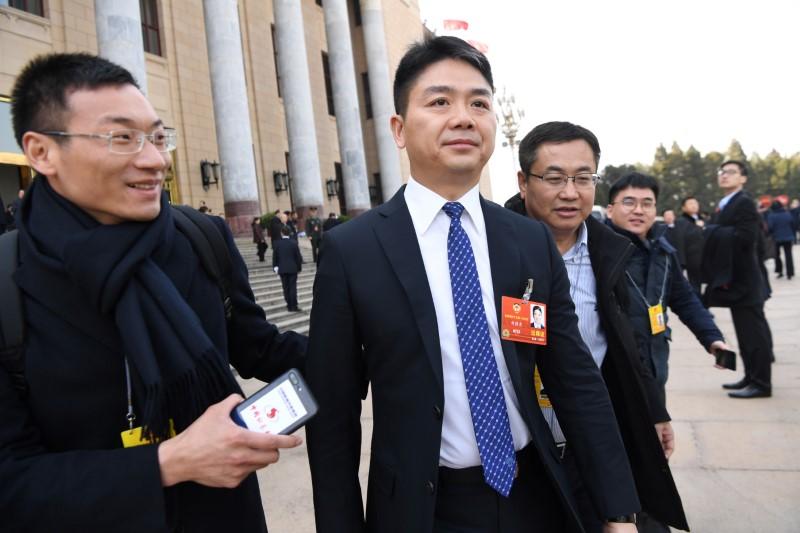Richard Liu, the founder, chairman, and CEO of Chinese e-commerce giant JD.com, has received widespread attention throughout China following his Sept. 1 arrest for rape in the state of Minnesota.
In an unusual move, the Chinese Foreign Ministry has commented on Liu’s case. Liu, whose Chinese name is Liu Qiangdong, is notably also a member of a Chinese regime-sponsored political organization that advocates the Chinese Communist Party’s ideology.





